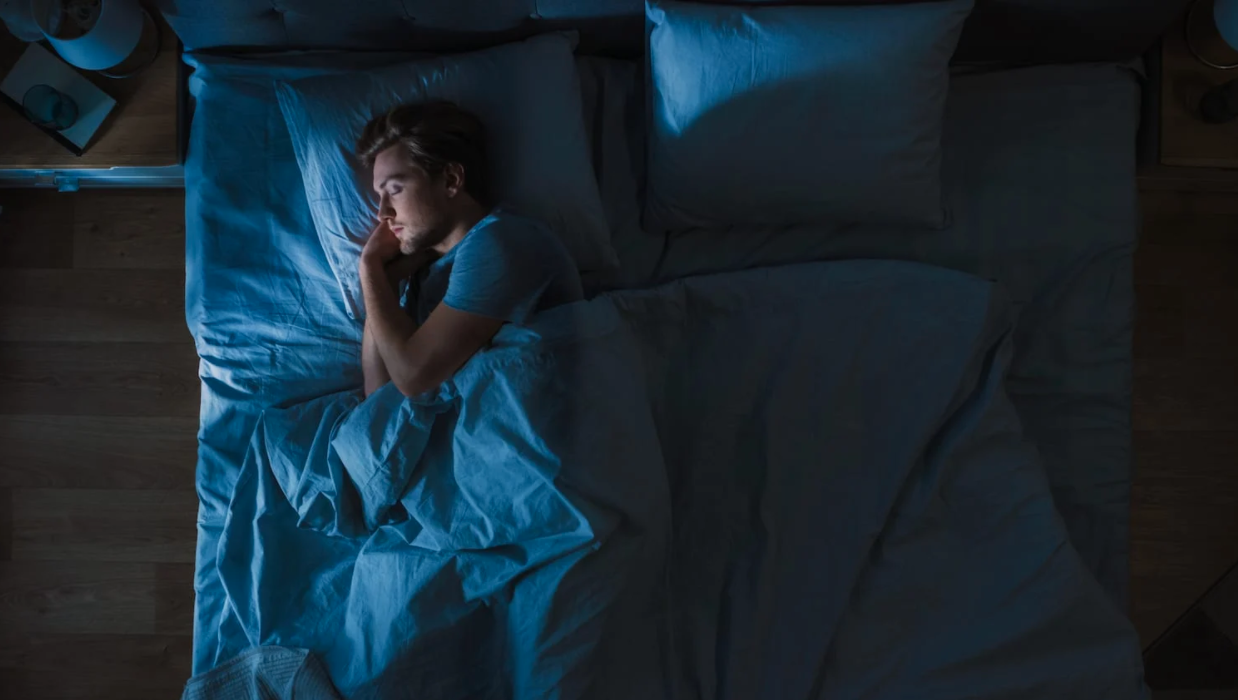|
Written by Lucy Garabedian More than a third of our day (~8 hours) is spent sleeping, or at least it should be, but turns out that is not always the case. Humans are supposed to spend more than a third of their day asleep. Unfortunately, according to the most recent Princess Cruises’ Annual Relaxation Report, more than half of the world’s population does not consistently get the amount of sleep that is recommended for their age group!
So why is sleep that important? Well, to start, sleep is a basic need similar to drinking water and eating food. To put it in perspective, the longest a human was able to stay awake was 11 consecutive days. You need sleep to function because it benefits you physically and psychologically. Some of the benefits to one’s physical health include muscle repair and decreased inflammation. Benefits to mental wellbeing are essential as well, as it influences the storage of memories, reasoning, problem-solving and attention to detail. Numerous studies have shown that those lacking sleep exhibit higher levels of stress compared to their counterparts who get the recommended amount each night. Furthermore, a person’s sleep also affects people around them, as the lack of it can make a person irritable, and angry, ruining everyone’s mood. So it goes without saying that sleep deprivation has detrimental effects on a person’s health. In the short term, it can cause difficulties with learning new things, trouble retaining memories, decreased productivity and the dangerous slowing down of reaction/reflex times. Combined with mood swings and a lowered ability to handle stress, sleep deprivation can cause unnecessary strain to relationships. Meanwhile, in the long term, the lack of consistent sleep can cause a variety of problems. Sleep debt can accumulate by consistently achieving less than the needed amount of sleep each day. To pay off this debt, it would take 4 days to recover from 1 hour of lost sleep, and 9 days to eliminate it entirely. Sleep debt causes a range of side effects such as chronic fatigue, but it also increases the risks for: hypertension, diabetes, heart and cardiovascular disease, and obesity. Insomnia, a medical disease, which is the inability to stay or fall asleep and chronic sleep deprivation, results in similar outcomes. On the bright side, adequate amounts of sleep help maintain the functions of the immune system. You can imagine that it was unsurprising to find that healthcare workers with insomnia and sleep problems had higher risks of severe COVID-19. According to a study by BMJ, every extra hour of sleep was associated with 12% reduction in risk. A more recent study by the Cleveland Clinic system that had a much larger sample size affirms the findings, concluding that those with sleep disorders had a 31% higher risk of hospitalization and death from COVID-19. As lifestyles become busier, and as technology provides increasingly more addictive devices and forms of entertainment, it has become undeniably more difficult to maintain adequate amounts of sleep. For high school students, this problem affects more than 70% of them on school nights. On the other hand, at the cost of our own health, we face the issue of the harms of blue light at night continuously being ignored by the mainstream healthcare advocates. The higher prevalence of chronic diseases and health conditions, changes in diets and physical activities, and many more factors can also cause sleep problems for many people. So the question at hand is how do we get more sleep?
The end result of the many factors in the lifestyles of many people have contributed to a sleep crisis, whereas achieving adequate amounts of sleep has become a luxury.
0 Comments
Your comment will be posted after it is approved.
Leave a Reply. |
Categories |


 RSS Feed
RSS Feed